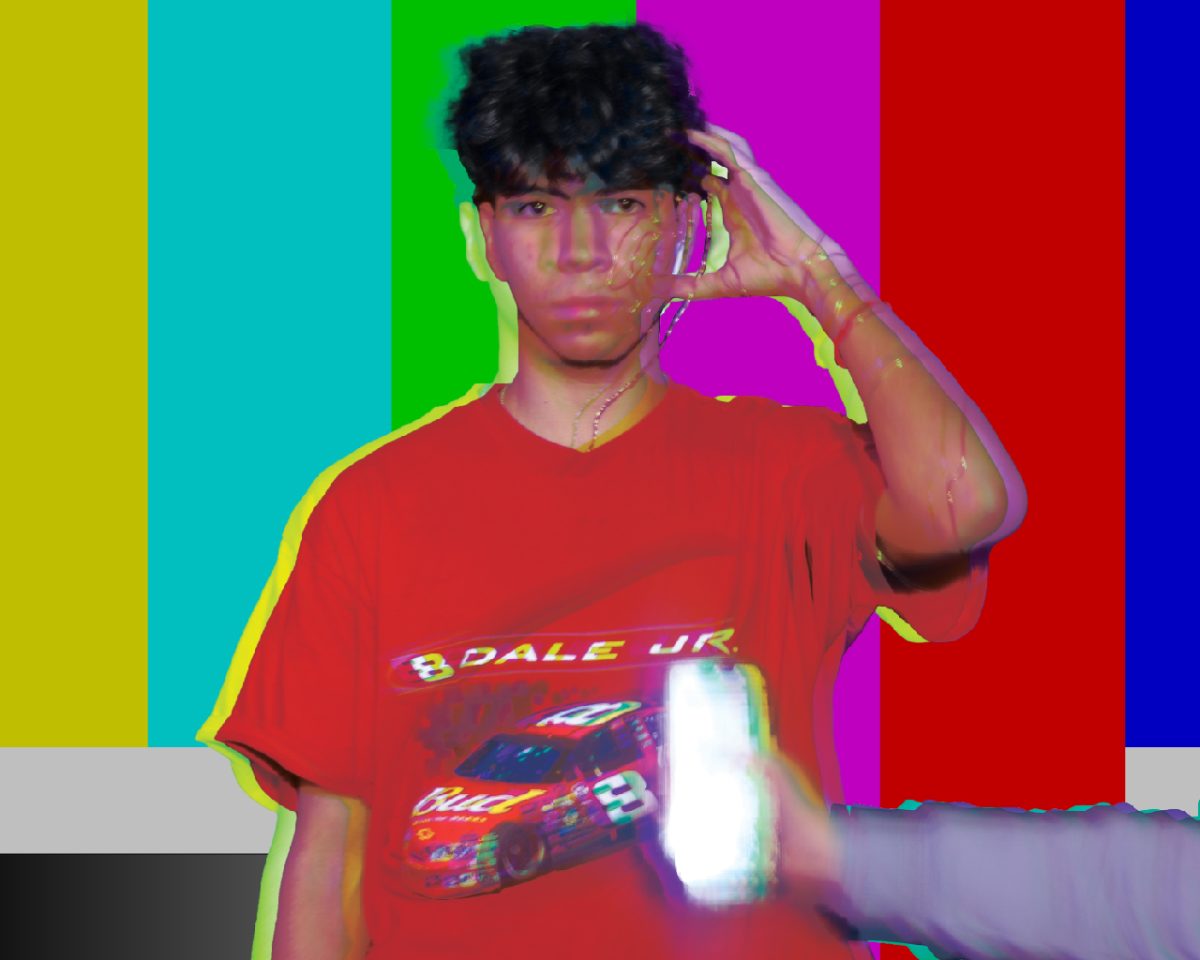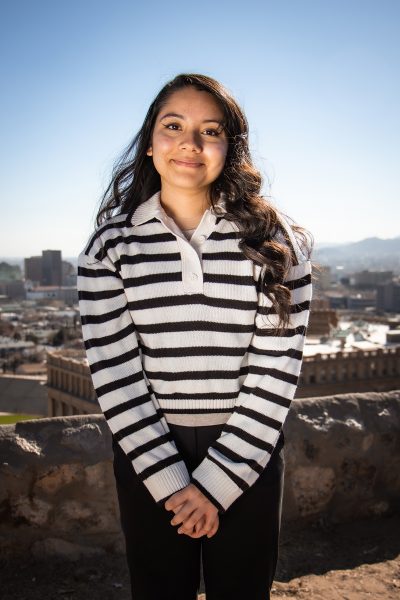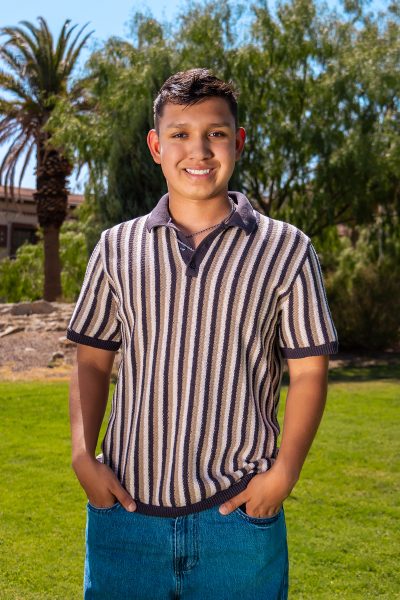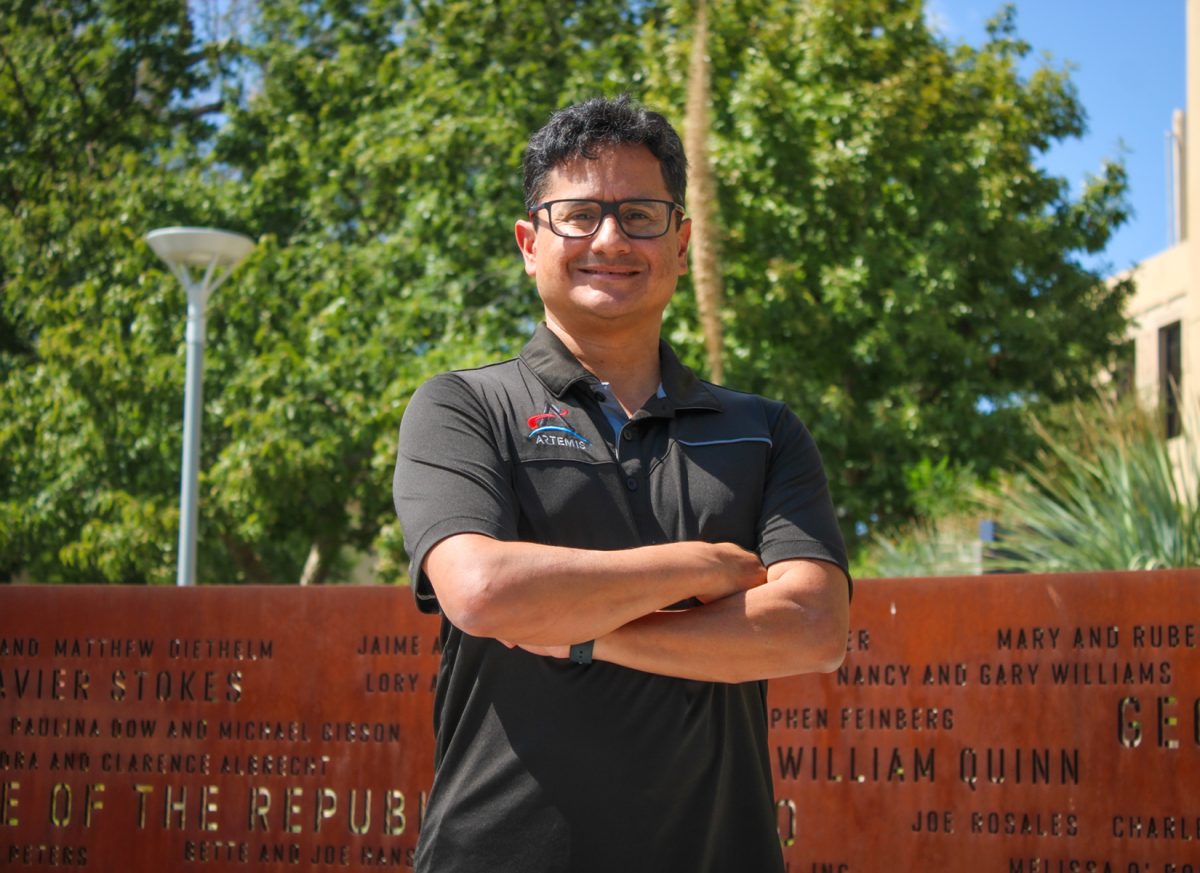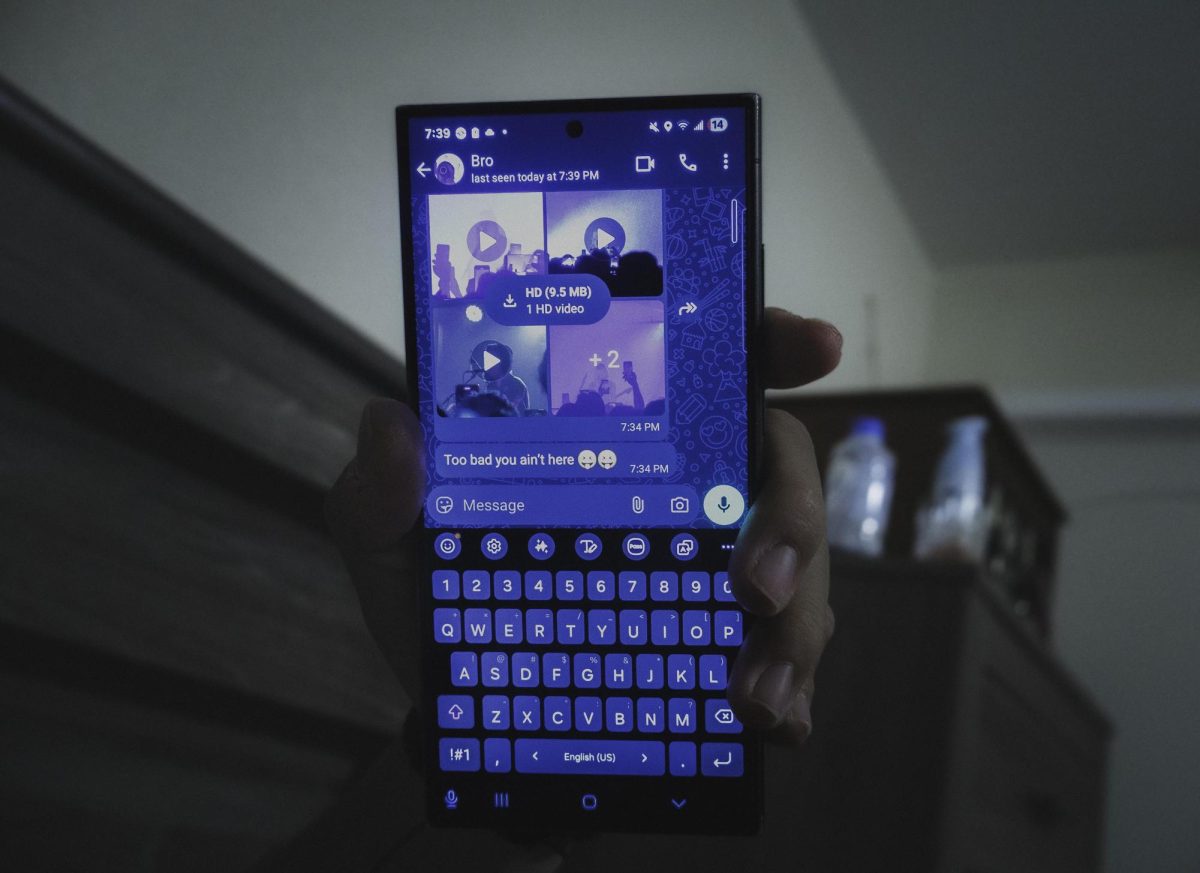With the long-winded debate on whether social media hinders emerging adults, UTEP researchers shed light on the discussion.
Miguel Garcia, a Ph.D. student in the health psychology program, led a study in 2022 collecting data on the relationship between Hispanic emerging adults’ use of social media and mental and sleep health.
“Recent research is finding that Hispanic adolescents are using social media at greater rates than other racial ethnic groups, and I think that there’s something there worth investigating,” Garcia said. “Not only that, but Hispanics also report sleep disparities; they’ve reported higher rates of poor sleep quality, short sleep durations, and long[er] sleep duration than non-Hispanic whites.”
According to data collected through a study led by UTEP Ph.D. student, Precious Mathis, Hispanic college students used social media an average of 20 hours a week in 2021.
Garcia’s study found that Hispanic students at UTEP in the 18-25 age group used social media 27 hours per week. With the increase in social media use, Garcia sought to support the theories that tie online social support and negativity with sleep and mental health.
“We looked at how online social support, feeling supported by others in one’s social network, is associated with depression, depressive anxiety, stress and sleep quality,” Garcia said. “Along with online social negativity, which is when one feels embarrassed or rejected by social networks like Facebook, Instagram or TikTok.”
In his findings, online social negativity was positively associated with increased depression, anxiety, stress symptoms and poor sleep quality while online social positivity was not associated with these constructs.
To explain why these relationships may exist, Garcia used mechanisms like negative bias, rumination and the hyperarousal model of insomnia to support the data.
“The negativity bias proposes that people tend to focus more on negative adverse events, than positive, beneficial events,” Garcia said. “The negativity bias might help explain why we found what we found. People are focusing more on their online social negative experiences because of that bias humans have over online social positivity it’s kind of outweighing it.”
Garcia said that his study was cross-sectional, meaning the team cannot determine whether online social negativity is leading to poor mental health and sleep, or if it is vice versa.
Though online social support may not contribute to improving depression, anxiety or better sleep; the online community in which college students can indulge in keep many of them plugged in.
Jasmin Jimenez, a biomedical science major at UTEP, said she averages three hours of social media per day.
“Personally, [social media] makes me laugh. There are certain videos that are just funny, but it also sometimes is very helpful for me, considering that I want to become a vet,” Jimenez said. “I’ll look at veterinary videos or acceptance videos into vet schools. So even though it’s very funny sometimes when I need a little pick me up, it’s definitely educational for me [as well].”
With social media’s beneficial uses, Jimenez said at times it’s hard to put her phone down.
“Sometimes yes, [I do have an unhealthy obsession with social media], considering that I’ll find myself wanting to scroll on TikTok rather than study, or do homework,” Jimenez said. “I’ll be like ‘Oh, I have like five more minutes,’ and then I end up scrolling for a long time and I end up putting my homework for the next day, even though I could have done it that day.”
Clicking, liking and scrolling are all part of the day-to-day life of many college students. However, keeping a healthy relationship with social media is beneficial to deter from the harmful effects that it can bring.
Sofia Sierra is the sports editor and may be reached at [email protected].


